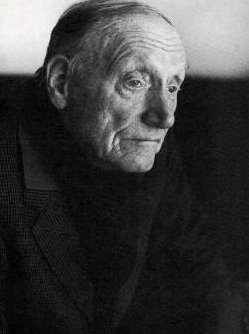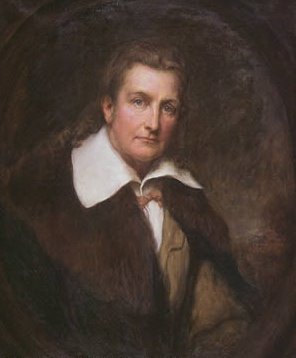So I've been trying to get some kind of handle on my thesis. I've decided on Robert Penn Warren's book "Audubon: A Vision." It has always been my favorite poem and now I'm starting to understand why. The myth of Audubon is an American myth and one in which I feel we should learn from (with Warren's help of course). Joseph Campbell talks about the loss of ritual and rights of passage that come with a loss of myth. To me this poem is a new myth for our age. A myth for the individual in the expanse and so called freedom of America. "Passion--what/is man but his passion?"
Penn Warren won three Pulitzers, two for poetry and one for his novel "All The King's Men." Towards the end of his life poetry was all he cared about. And it got better. I am amazed when I run into people who have never heard of him. Here's a stanza I return to often.
His life, at the end, seemed--even the anguish--simple
Simple, at least, in that it had to be
Simply, what it was, as he was,
In the end, himself and not what
He had known he ought to be. 
When I think about the first time I read this poem it mixes with so many memories of my childhood and my passing out of childhood.
VII Tell Me A Story
Long ago in Kentucky, I, a boy, stood
By a dirt road, in first dark, and heard
The great geese hoot northward.
I could not see them, there being no moon
And the stars sparse. I heard them.
I did not know what was happening in my heart.
It was the season before the elderberry blooms,
Therefore they were going north.
The sound was passing northward.
This passage mingles so much of what this poem means to me, from the beginning of wanting to write poetry to the importance of the small instances of my life to the power of my yearning to be a part of the "other" while still being only who I am.
For me the poem is deeply personal, but at the same time American and communal. Because art is communal. Audubon had to destroy that which he wanted to share. His art was how he came closer to the world. His ideal word. And the ideal is the only way humans can continue.
Tell me a story.
In this century, and moment, of mania,
Tell me a story.
Friday, August 25, 2006
Robert Penn Warren
Posted by
Chet
at
9:22 AM
![]()
Subscribe to:
Post Comments (Atom)


No comments:
Post a Comment